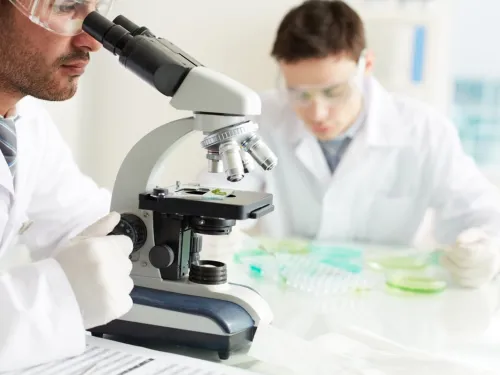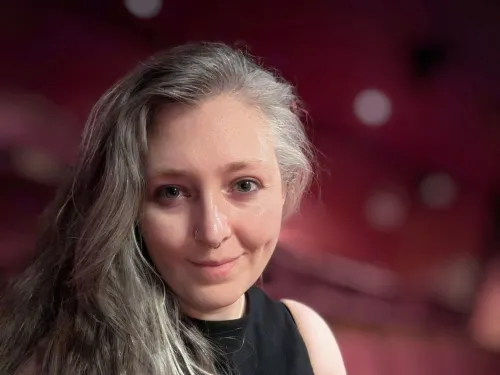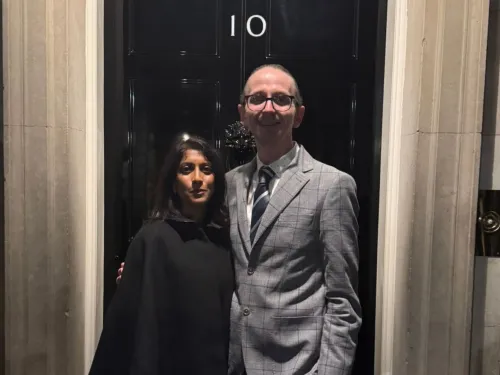CCLG works with the LPT to fund research, using our expertise to help them select the most impactful research projects to fund and administer their extensive research programme. With the latest round of projects, the LPT has funded over £27 million of research through the CCLG Research Funding Network.
As the most common type of solid cancer in children and young people, there are over 100 separate types of brain and central nervous system cancers. Led by Drs Timothy Ritzmann and Laura Donovan, the new projects will investigate two of the most common types – ependymoma and medulloblastoma.
Explaining why the charity chose to back these projects, Wendy Tarplee-Morris, Head of Impact at the LPT, said:
We are incredibly proud to support Dr Ritzmann and Dr Donovan’s work, which we hope could transform the outlook for children with brain tumours. At The Little Princess Trust, our mission goes beyond providing wigs – we are determined to fund research that brings kinder, more effective treatments to young people and their families. We are excited to see how these projects will help deliver that hope.
Using tiny particles to improve childhood brain tumour care
Dr Timothy Ritzmann at the University of Nottingham hopes to use tiny particles in the blood and fluid around the brain (cerebrospinal fluid) to help monitor and diagnose ependymoma brain tumours.
He said:
Ependymoma comes back again in over half of cases, and we need better ways of detecting these relapses sooner. Earlier detection would give us more time to plan better, kinder and more effective treatments for the children and young people impacted by this devastating disease.”
Dr Ritzmann’s team will search for tiny particles released by cancer cells, called extracellular vesicles, in samples of blood and cerebrospinal fluid from patients. The researchers hope to identify specific particles that can indicate to doctors how many cancer cells are remaining or whether the tumour is growing.
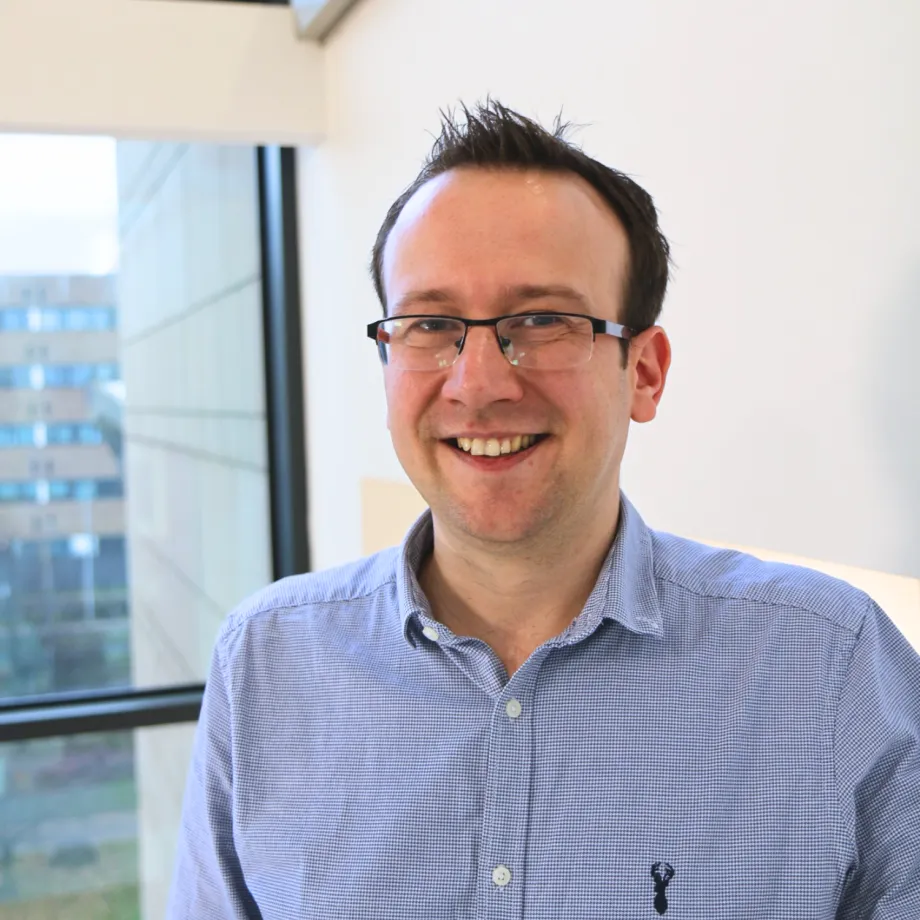
Dr Timothy Ritzmann
With years of experience in both treating patients and conducting research, the research team will ensure that any findings can be applied to real-life treatments and care as soon as possible.
Dr Ritzmann added: “The team and I are delighted to receive this funding from The Little Princess Trust. This research is a new avenue by which we can do better for children with brain tumours in the future.”
Find out more about his project here.
Biological missiles for medulloblastoma
Dr Laura Donovan is based at the Institute of Child Health, where she runs the Childhood Brain Tumour Research Group. Her project will assess the potential of a new targeted treatment for medulloblastoma.
Targeted treatments are able to affect only the cancer cells, as opposed to traditional chemotherapy treatments that also harm healthy, fast-growing cells.
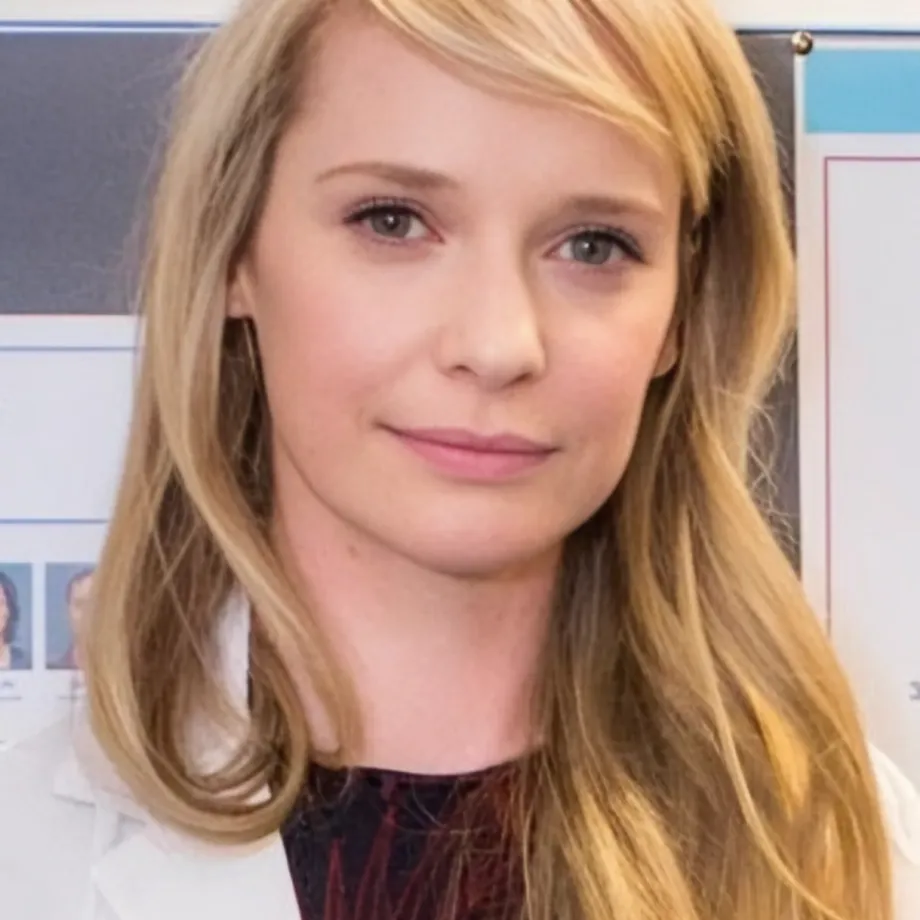
Dr Laura Donovan
Targeted treatments are able to affect only the cancer cells, as opposed to traditional chemotherapy treatments that also harm healthy, fast-growing cells.
Dr Donovan said: “This project targets medulloblastoma that grows back or does not respond to treatment, a devastating form of brain cancer in children for which there are currently no targeted therapies available.
The opportunity to develop and potentially deliver a novel treatment to the clinic, where it could make a tangible difference in the lives of patients and families facing limited options, is both motivating and inspiring.
Her team have combined antibodies with anti-cancer drugs to create ‘biological missiles’ that can seek out and destroy cancer cells. They will investigate how the treatment would work best, such as looking at what dose might be best and how to give it to patients.
By the end of this project, Dr Donovan hopes to have enough evidence to begin work on bringing the treatment to patients. She said: “I am absolutely thrilled to have received this funding from LPT. It’s a privilege to continue working with such a dedicated and impactful charity.
“The Little Princess Trust’s support not only enables us to advance our scientific goals but also reinforces our shared mission to bring hope and innovation to those affected by childhood cancers.”
Find out more about her project here.

